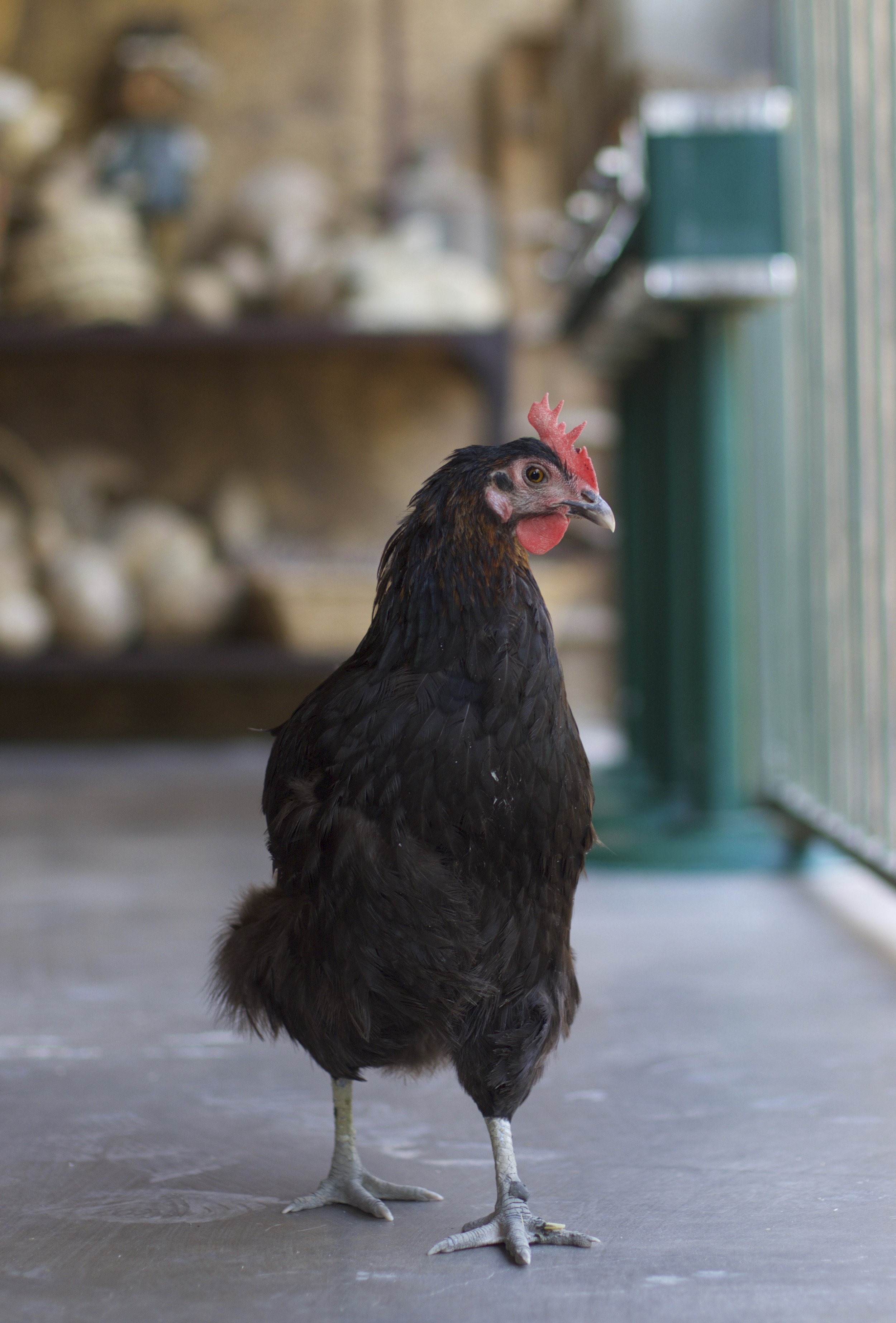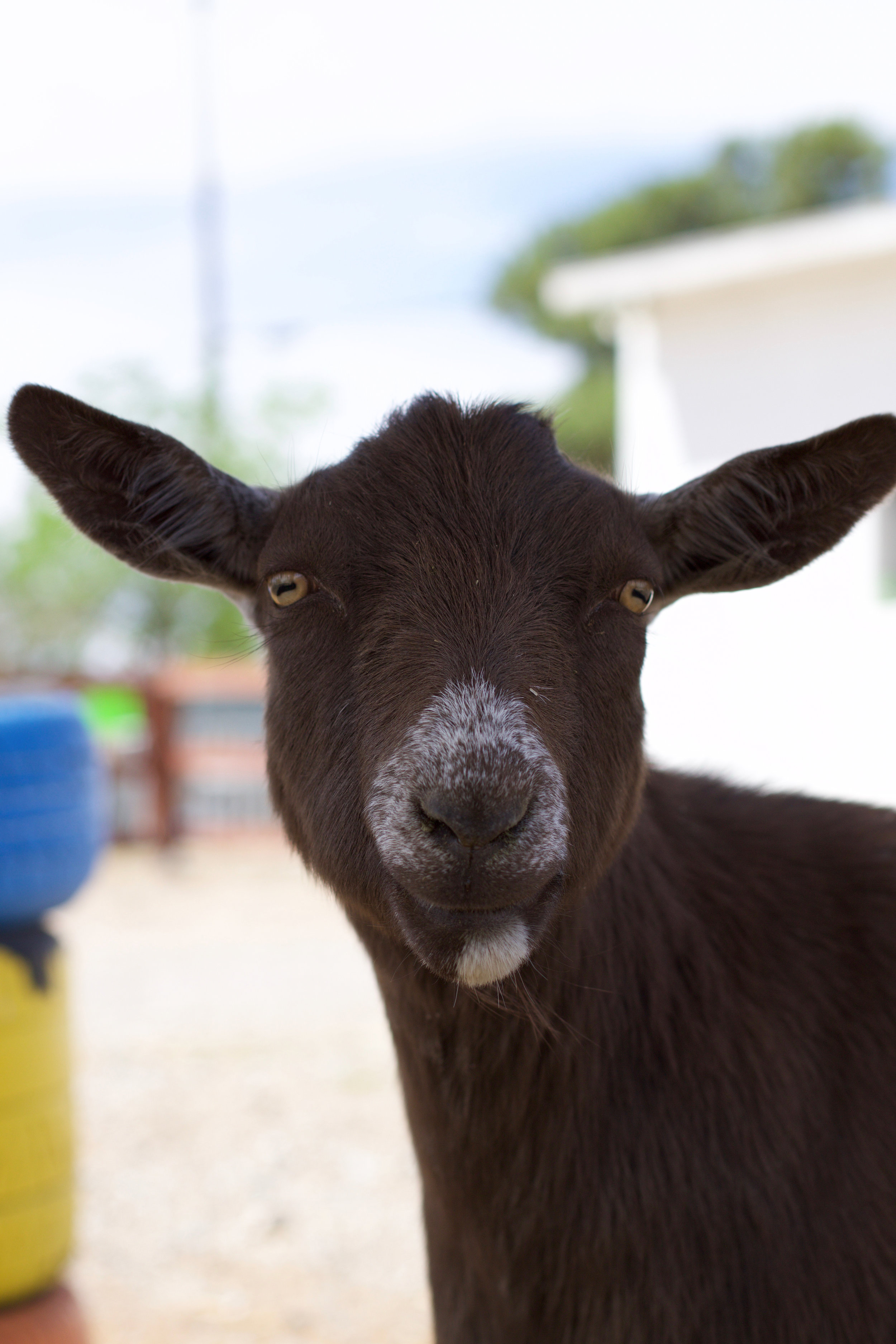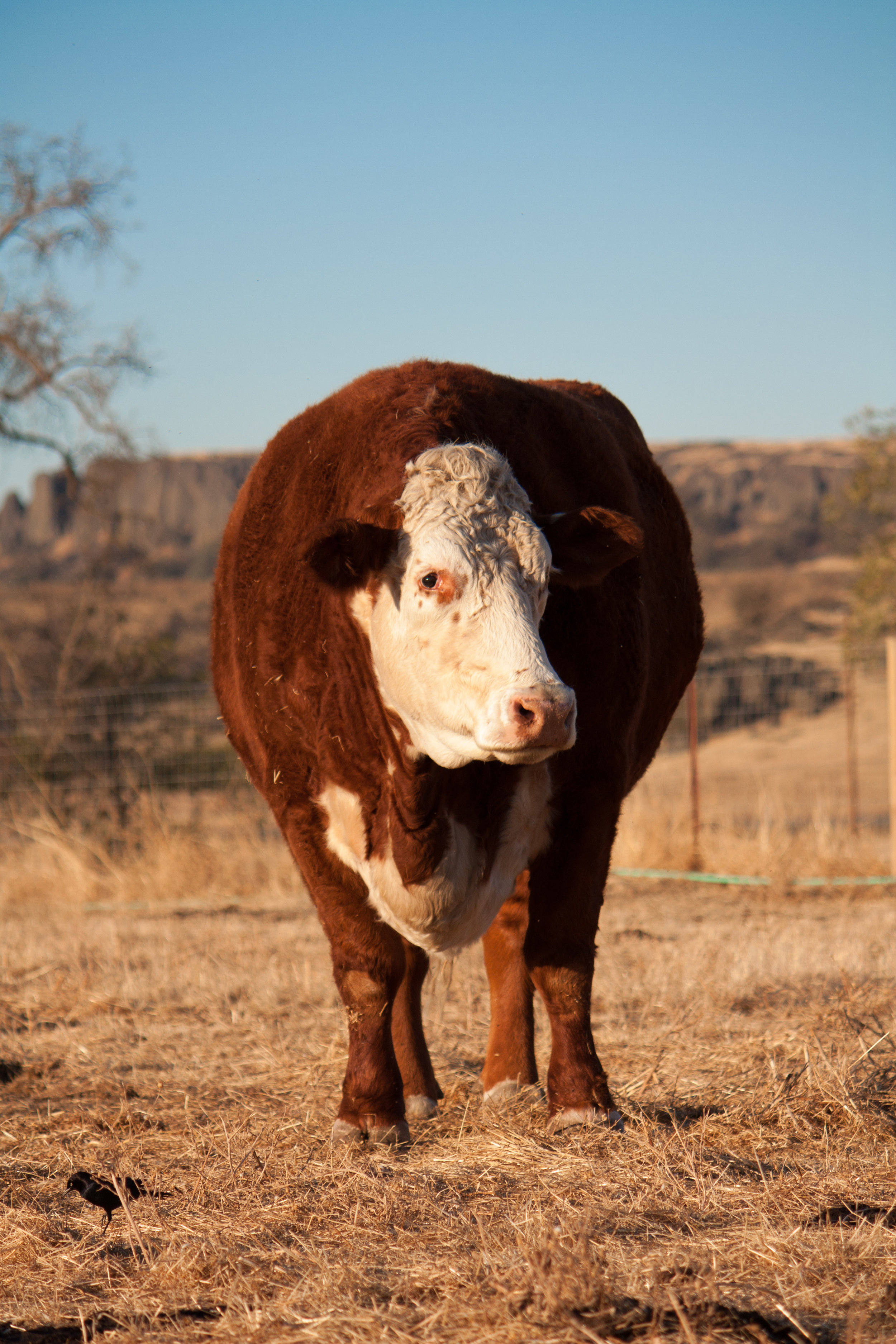Why Do We Focus On Farmed Animals?
Worldwide, more than 70 billion fellow land creatures and up to 7 trillion sea animals are killed for food each year. The use of animals for food massively dominates all other human uses of animals, and the continuing intensification of animal agriculture imposes increasingly harsh burdens on them.
Did You Know?
Almost all of the animals raised for food in the U.S. come from an industrial farm animal production system. Also known as “factory farming” or “concentrated animal feeding operations," this form of animal agriculture seeks to produce animal products as cheaply as possible in the least amount of time and space. To achieve this goal, large numbers of animals are housed in indoor facilities with little or no access to the outdoors, fed unnatural diets and antibiotics, and forced to live on concrete floors and in metal cages. They endure routine physical mutilations such as neutering and tail-docking—all without pain relief. Inside the massive warehouses, these animals are kept in inhumane conditions: confined to gestation and farrowing crates for sows, battery cages for egg-laying birds, and restrictive veal crates, all of which prevent normal and instinctual movements. And they are subject to serious abuse. If you want to see what this system looks like, see Mercy For Animals' photos and video footage.
Aren't There Laws That Protect Animals?
Most people think that our legal system protects animals from abuse, but that's not the case for farm animals. In the U.S., only two federal laws concerning farm animals exist: the Humane Methods of Slaughter Act and the Twenty-Eight Hour Law. The former, as the name suggests, pertains to how animals are to be killed, and the latter pertains to the transportation of animals. Neither of these laws stipulate how an animal should be treated while being raised for food. And no law exists to protect birds—chickens, turkeys, ducks, geese—which make up the majority of animals raised and killed for food.
What Can I Do?
The cruel practices employed in industrial farming will affect an increasing number of animals; the consumption of animal products worldwide is rising and is expected to double by 2050. The good news is that we don't have to support this system and encourage animal suffering. Instead, we can make dietary shifts, institutionally and personally, to avoid food products that rely on the exploitation of animals. Eating plant-based has never been easier. Many restaurants serve plant-based/vegan options, while grocery stores are adding plant-based meat and dairy alternatives to their shelves. Another thing we can do is learn what our religion has to say about animals and our responsibility to care for them, and share this information with others. CreatureKind provides helpful tools for that—just look under the Resources tab above. Lastly, you can encourage your friends, your congregation, and your faith leaders to visit our page, peruse our resources, and contact us.



